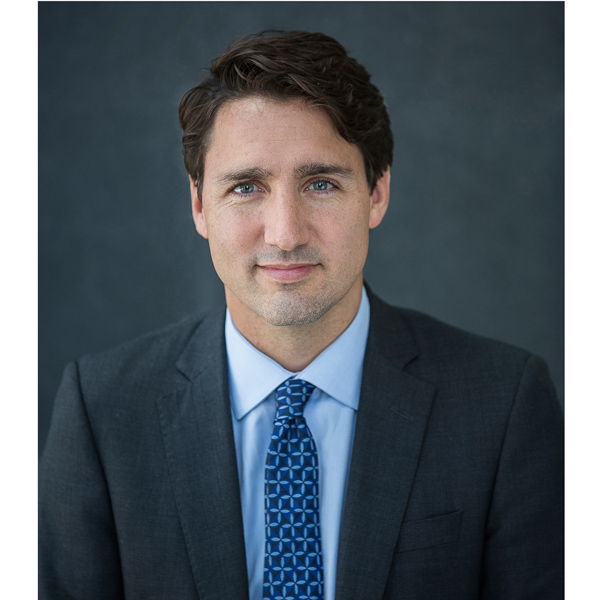Canada commits to be a leader in the Blue Economy
“Only by working together can we build a blue economy that is prosperous and sustainable, and leaves no one behind” – Prime Minister Justin Trudeau.
By Fabian Dawson
SeaWestNews
Canada has pledged tens of millions of dollars for sustainable growth that will build resilient coastal communities to underline its determination to be a leader in the global Blue Economy.
“Building a sustainable ocean economy is a global challenge and one we have to face together…Canada is determined to do our part,” said Prime Minister, Justin Trudeau, in a statement issued at the conclusion of the Sustainable Blue Economy Conference in Nairobi, Kenya.
Over 16,000 delegates from 184 countries, including several heads of state, attended the conference, which was co-hosted by Canada and Japan.
The “Blue Economy”, defined by the World Bank as the sustainable use of ocean resources for economic growth, improved livelihoods, and jobs while preserving the health of ocean ecosystem, is valued at six trillion dollars.
“A blue economy is about harnessing the potential of our oceans, seas, lakes, and rivers – resources that Canada is privileged to have in abundance – to make life better for all, particularly women, young people, Indigenous peoples, and people living in developing countries,” said Trudeau.
“It means tapping into the latest innovations, scientific advances, and best practices while building prosperity and conserving our waters for future generations.
“Only by working together can we build a blue economy that is prosperous and sustainable, and leaves no one behind,” said Trudeau.
He announced funding for the World Economic Forum’s Friends of Ocean Action Group and for the United Nations Special Envoy for the Ocean, for the sustainable use and conservation of ocean, sea, and marine resources, in line with the 2030 Agenda for Sustainable Development.
As part of Canada’s $1.5 billion national Oceans Protection Plan, the Trudeau administration has made oceans protection and clean energy a top priority during its G7 Presidency.
With a strong Canadian delegation of business representatives, scientists, entrepreneurs, national organizations, and representatives from Indigenous groups, led by the Minister of Fisheries, Oceans and the Canadian Coast Guard, Jonathan Wilkinson, Canada brought its values of inclusion, sustainability and economic security to the discussions in Nairobi.
“The commitments made at the Sustainable Blue Economy Conference will serve as a catalyst to invigorate global efforts to make significant, sustained progress in seizing the opportunities offered by our water resources,” he said.
Wilkinson announced immediate Canadian action in support of the UN 2030 Agenda for Sustainable Development, which included:
Up to $9.5 million to advance activities of the Decade of Ocean Science;
Up to $1 million to the World Economic Forum’s Friends of Ocean Action and for the Government of Canada’s support to the United Nations Special Envoy for the Ocean;
The Minister also reiterated Canada’s commitment to working with the global community to support resilient coasts and coastal communities by highlighting the following Canadian investments:
$10 million to the Pacific Initiative for Biodiversity, Climate Change and Resilience. Funding for this joint initiative with the European Union, France, New Zealand and Australia will support efforts in the Pacific region to adapt to climate change, protect biodiversity, and improve ocean and fisheries health;
$20 million for capacity development and technical assistance in Small Island Developing States. This includes areas of public financial management, financial sector supervisory capacity, and fostering inclusive growth.
“Canada believes it has strengths in areas such as oceans science, waste infrastructure, clean fisheries and aquaculture technologies and investment capital. We are keen to work with all for the betterment of our environment and our economy,” said Wilkinson.
Quick Facts
It is estimated that half of the world’s population lives within 60 kilometres of the sea and three quarters of all large cities are located along the coast. (Source: United Nations Environment Programme)
Blue economy industries account for the livelihoods of 660 to 820 million people worldwide, with women accounting for about 15 percent of those engaged in fisheries. (Source: The Food and Agriculture Organization)
In Canada, the oceans alone are a source of approximately 350,000 jobs and generate approximately $36 billion annually in GDP through fisheries and aquaculture, energy, shipping, tourism and recreation.
